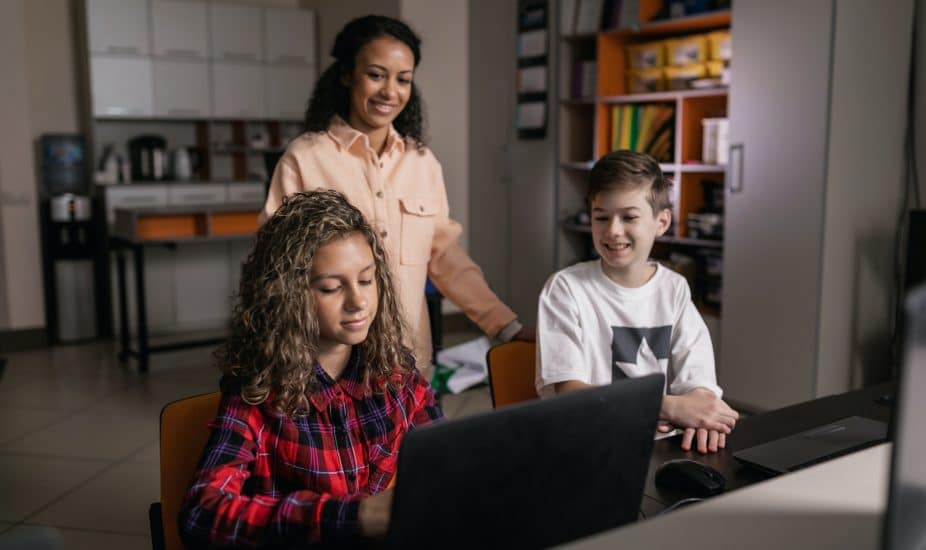When children are young, most parents are highly involved in their daily affairs — especially these days. Parents often know what their kids are learning at school, they know the names of their friends, and they know when they’re worried or anxious about something.
But, that suddenly changes when they get to middle school and no longer want their parents around.
It’s normal, and every teenager goes through it. They want to separate themselves from their parents. Nothing matters more than acceptance from their peers. Nothing is worse than a bunch of adults hanging around. Parents take their queue, typically, and give their kids space.
School changes a lot, too. No longer do kids have one teacher who’s responsible for every subject. In most middle and high schools, students have several teachers. Each teacher looks out for more than the typical 25-30 in elementary school, and they might have well over 100 students they see every day. There’s no way they can possibly know every kid and have interactions with every parent.
Teens separate from their parents not just in terms of their academic responsibilities, but also in their personal lives. They develop new friendships with kids their parents have never even seen before. They are exposed to new music, new tv shows, new fashion trends, new slang, and new social media influencers. An underground world is created for teenagers, designed in many ways to be kept hidden from nosy parents and prying adults.
But, research has shown that kids will grow up to be more healthy if their parents stay involved in their lives, especially to be successful in school. Even when parents don’t understand how algebra is taught these days, or if they have never taken a Spanish class, they can still provide valuable and ongoing support academically to their kids.
Parents might get tired of asking the same questions and getting the same answers day after day, but the cumulative effect of showing genuine interest in a young person’s life will pay off forever.
The Search Institute has noted that parent involvement in schooling is one of the least common assets teenagers have. Very few kids (~32%) report feeling supported by their parents academically.
Maybe their parents are too busy, or too overwhelmed. That’s fair. But, maybe parents are too shy with being involved with their kid’s affairs — they tire of feeling rejected by their kids as they try to understand what they’re going through or concerned about.
Constantly asking a kid genuine questions about school will communicate support and care. They’ll feel valued.
When they come upon distress, maybe they’re struggling with a specific teacher or a particular subject or unit, it won’t be uncommon for them to share about it with you. Chances are they’ll open up to you now and then, too, even if it’s on their terms and their timing.
For teachers, you can encourage parent involvement in your student’s schoolwork. There are simple assignments that you can give them that include them sharing their work with their parents.
Having parents simply sign off that they saw their child’s work is a simple mechanism you can add that will ensure there’s at least a small interaction between parents and students.
To get even more elaborate, you can assign students exercises to have intentional interactions with their parents, perhaps interviewing them about their career path or work experience that relates to the unit you’re focusing on.
Natural High’s activity, Prompt A Family Conversation, is a good assignment to send home with your students.
Kids who feel valued and supported by the adults in their lives will do better overall and have a stronger foundation to build a healthy, thriving, meaningful life.


